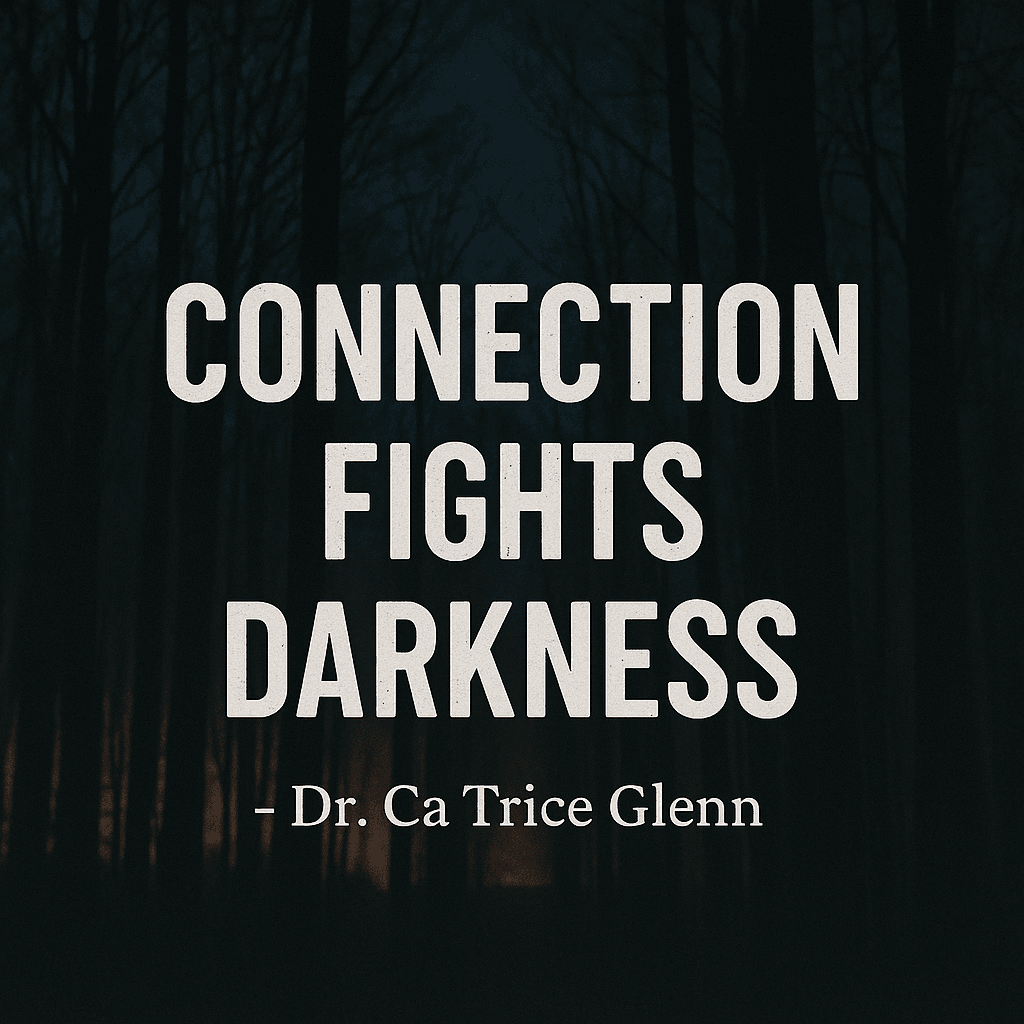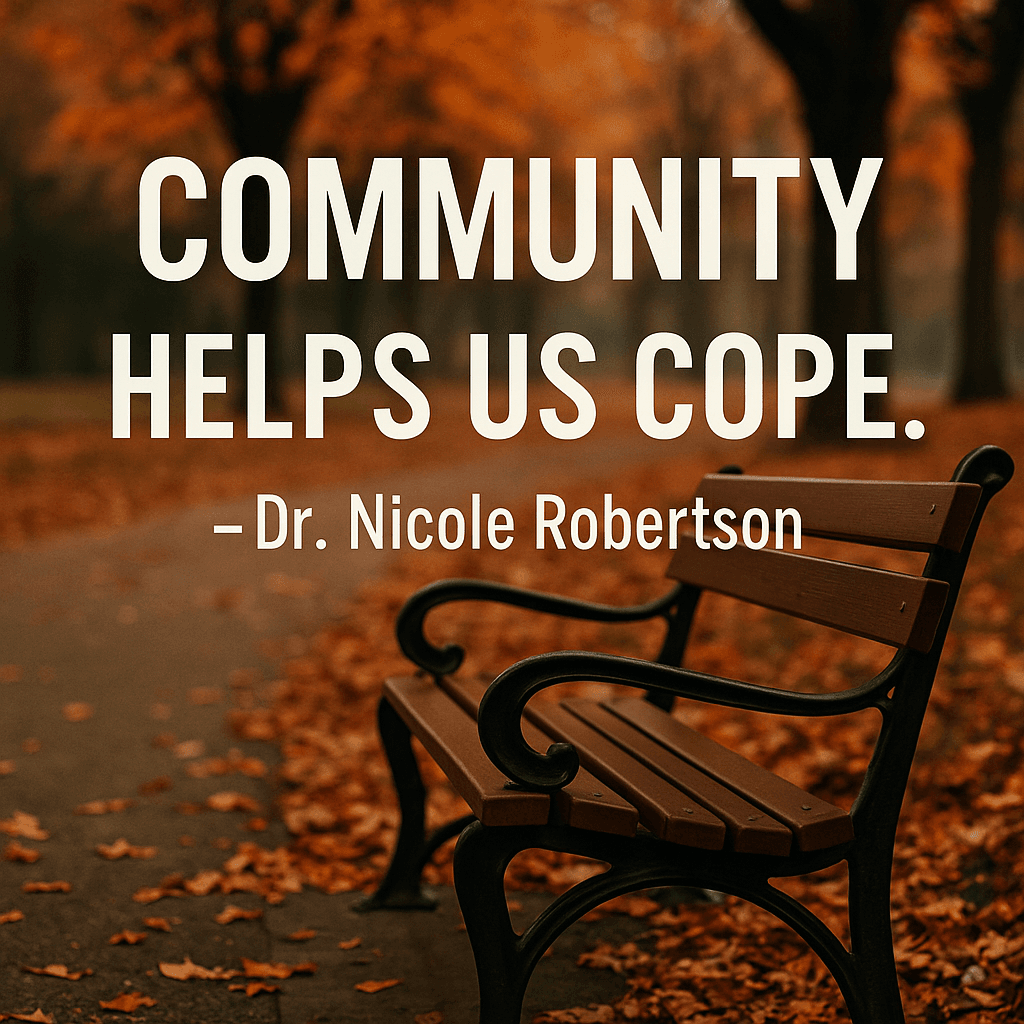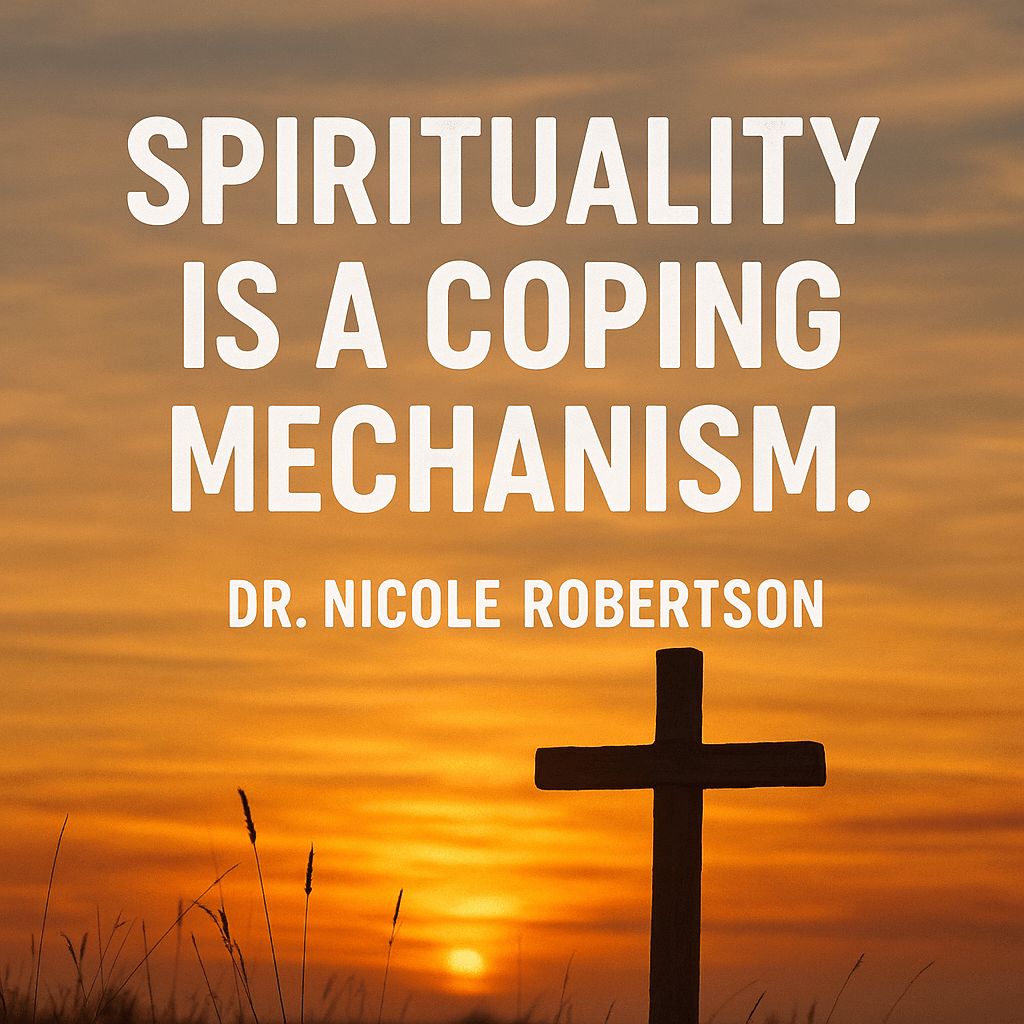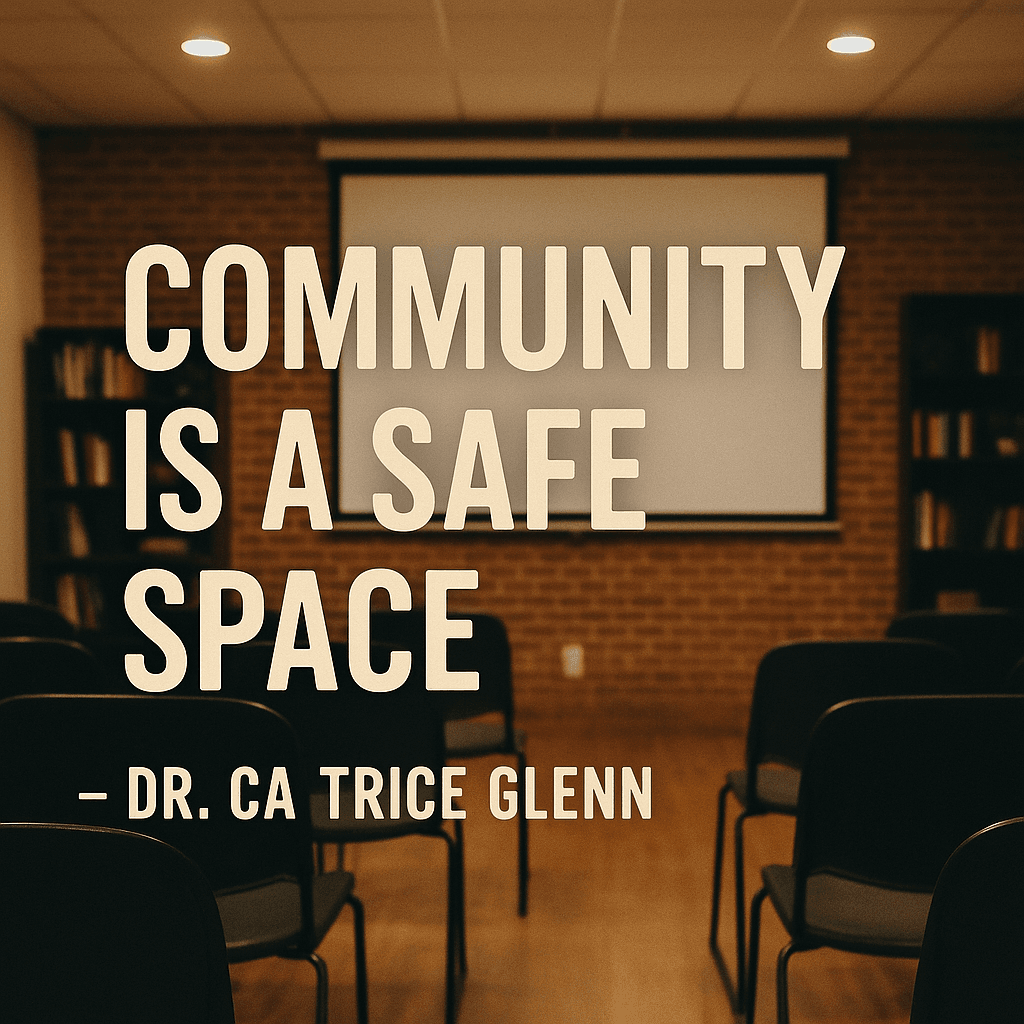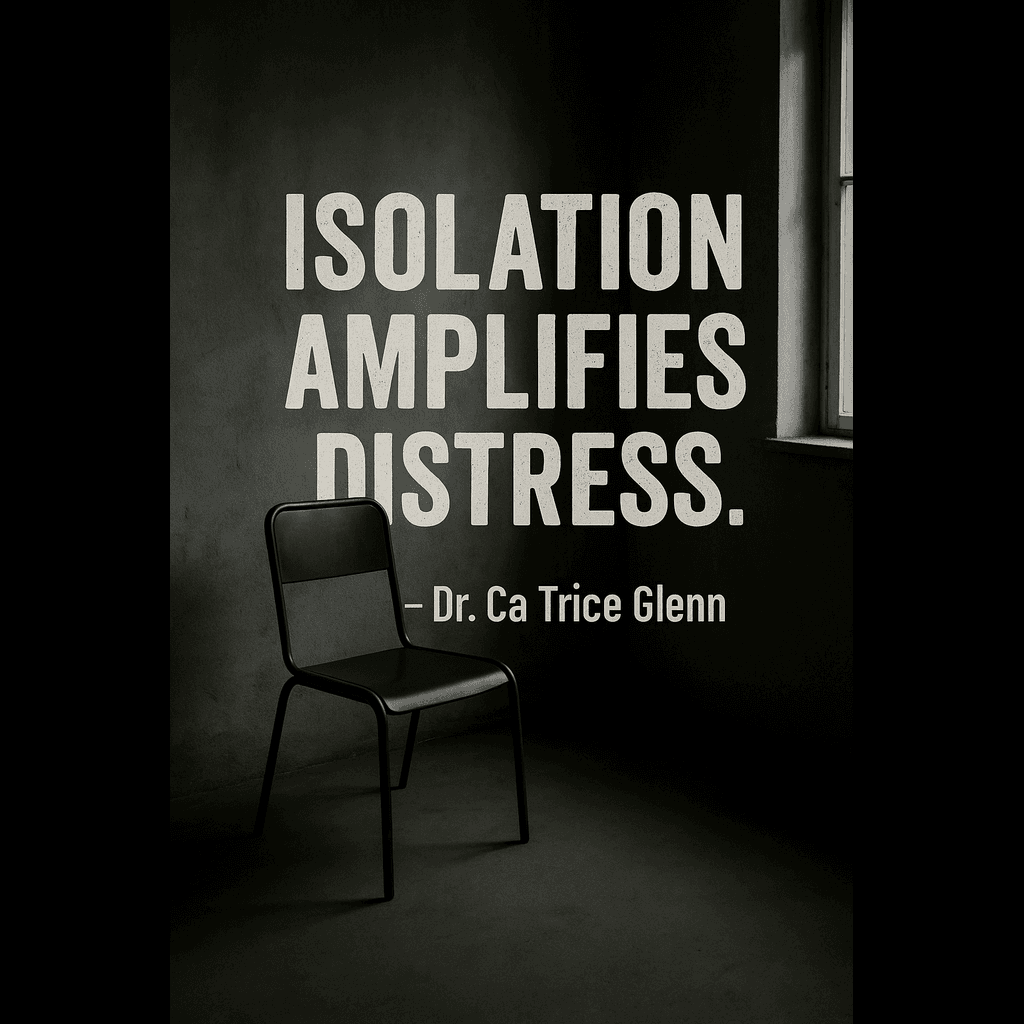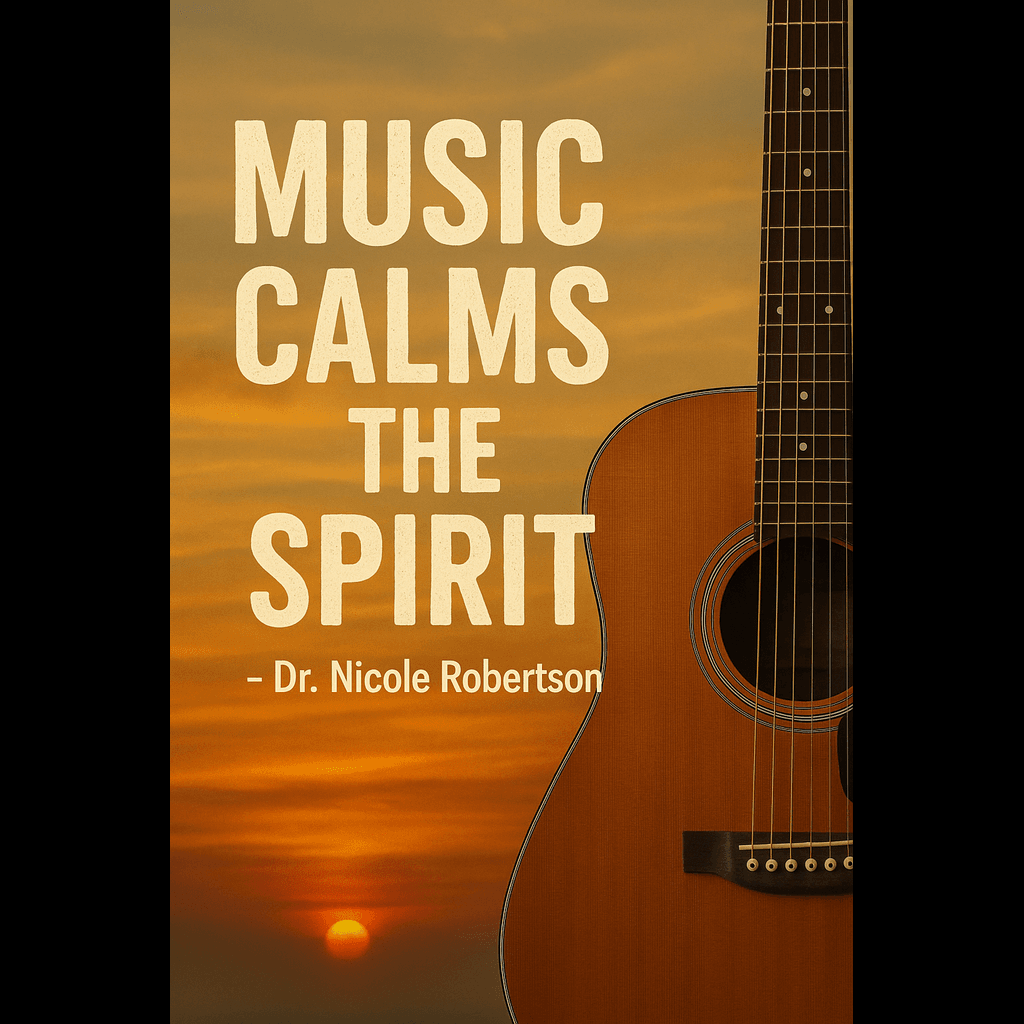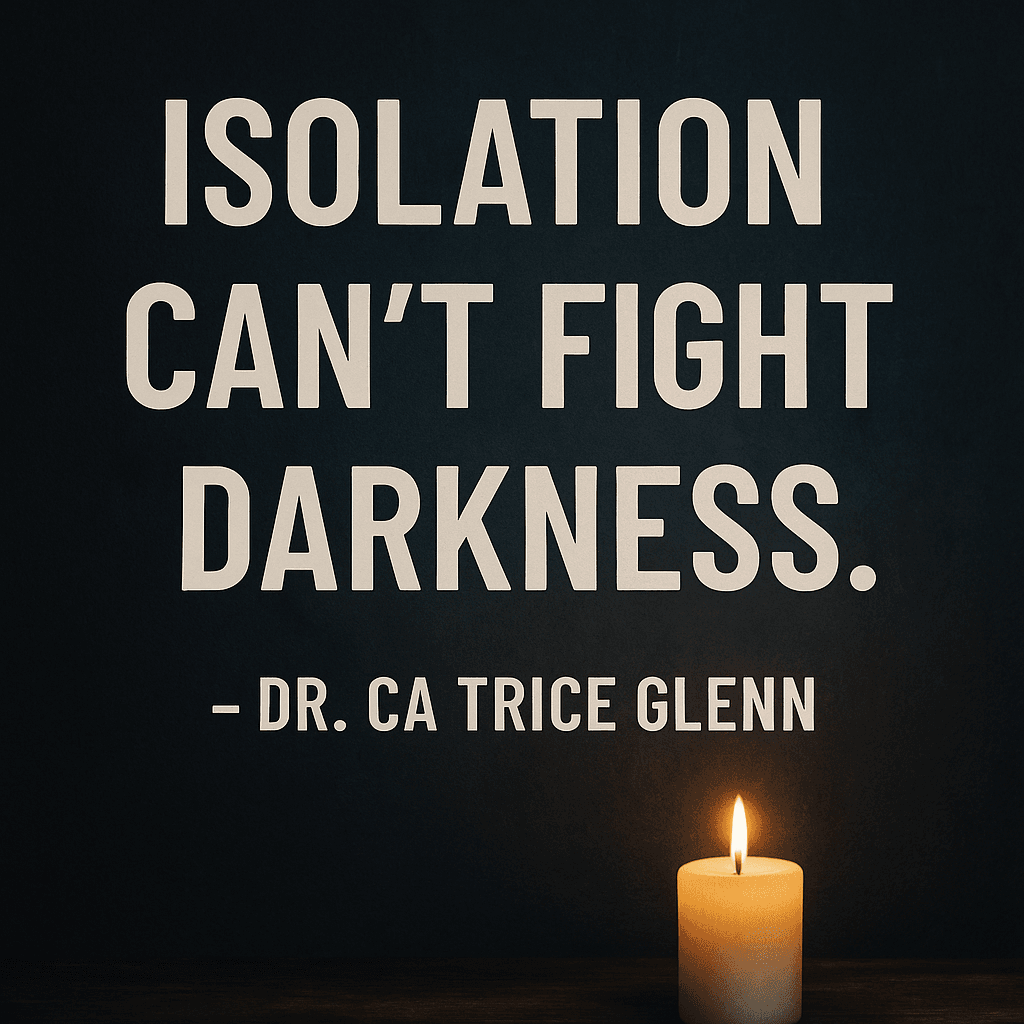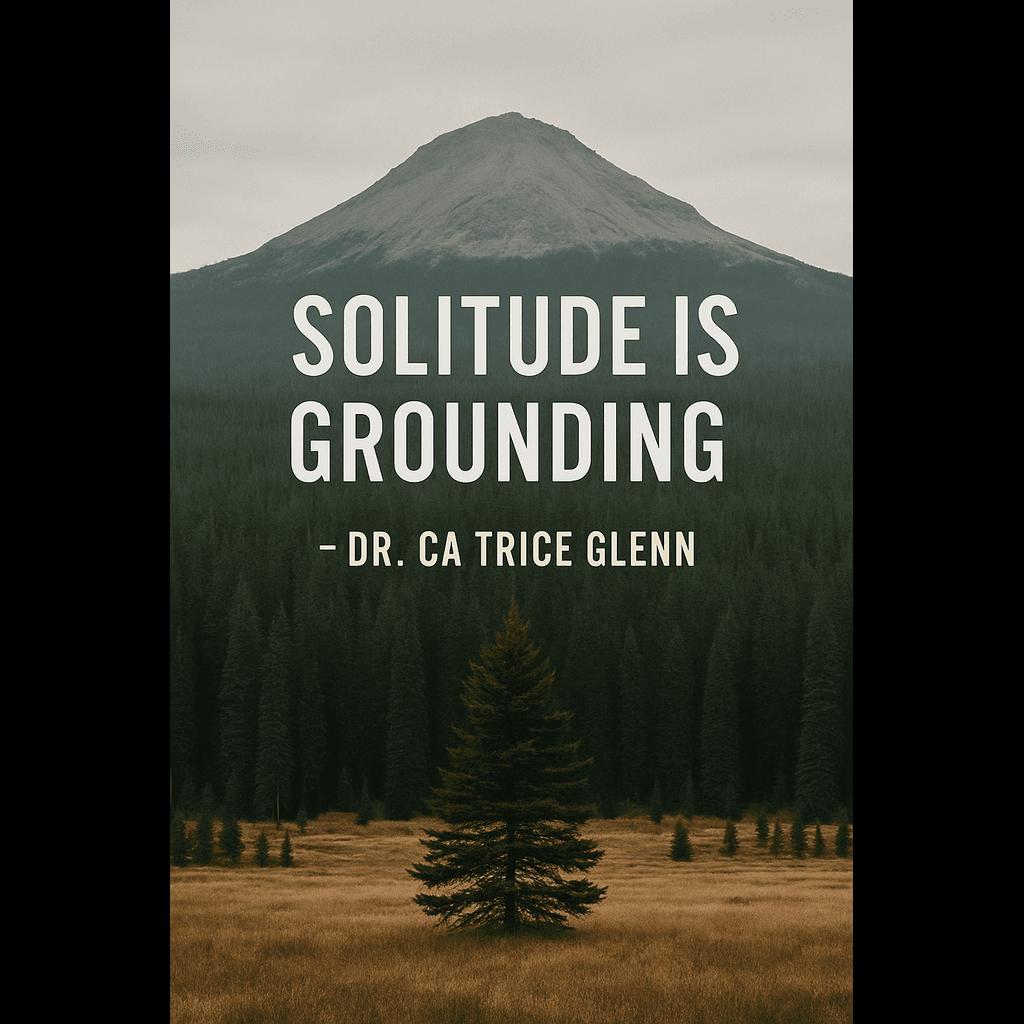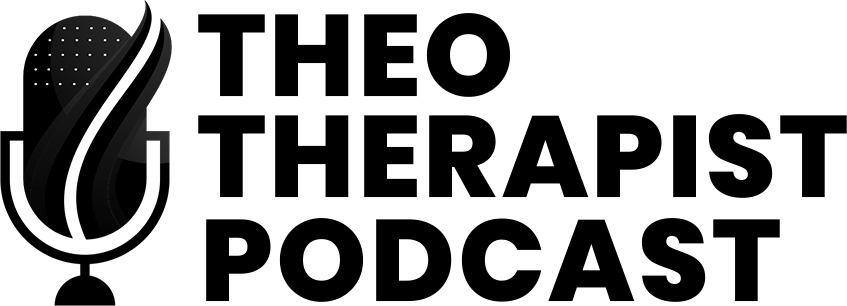Author: Dr. Ca Trice Glenn, Dr. Nicole Robertson
I
n a world filled with stressors, finding solace in spirituality can be a powerful coping mechanism. Dr. Ca Trice Glenn and Dr. Nicole Robertson explore how spiritual practices can help individuals navigate psychological distress, offering insights from their own journeys and professional experiences.
The Power of Connection: Dr. Nicole Robertson emphasizes the importance of connection, both with God and community. She reflects on the Zulu proverb “I am because we are,” highlighting how relationships with God and others can provide strength and support during challenging times. This connection is foundational, offering a sense of belonging and understanding. Dr. Glenn adds that when these connections are in alignment, they can significantly reduce feelings of distress.
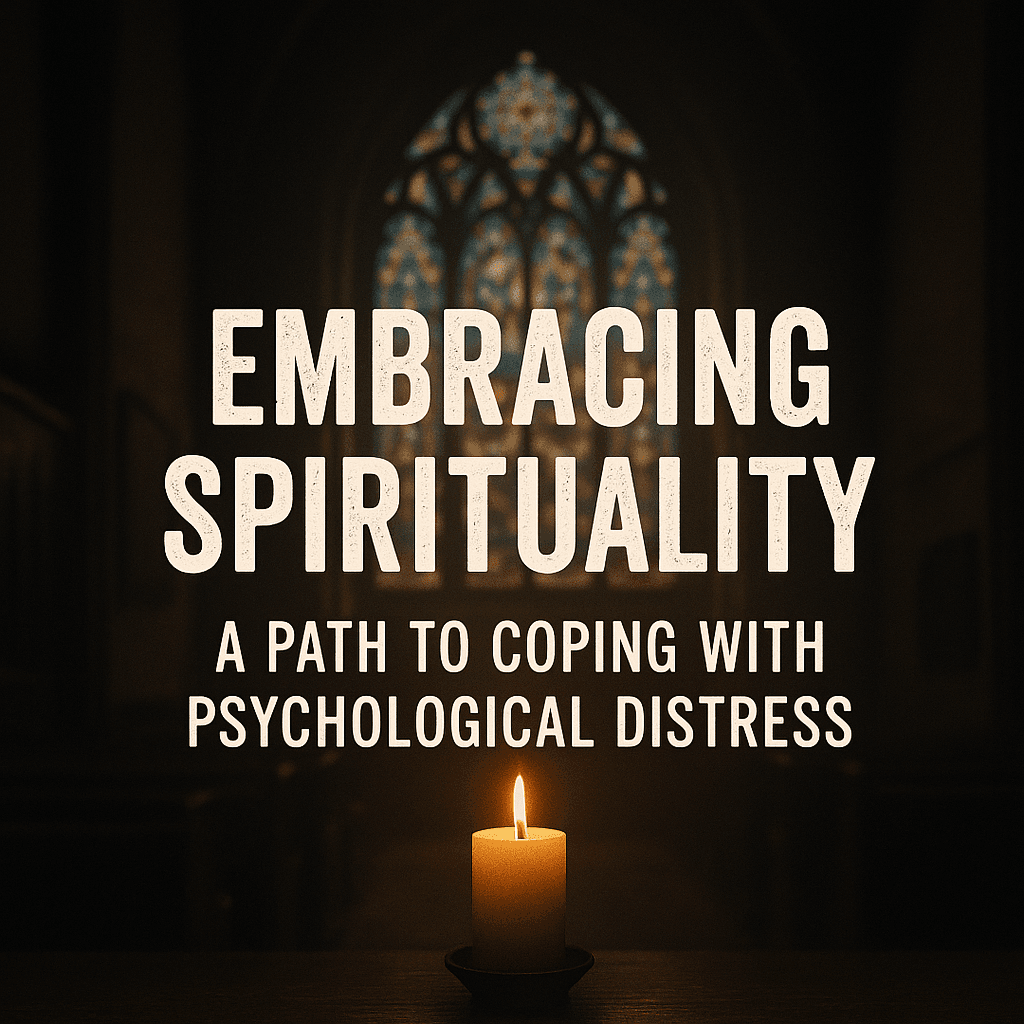
“Isolation amplifies distress.” – Dr. Ca Trice Glenn
Spiritual Practices as Coping Tools: Dr. Robertson shares her personal coping mechanisms, such as turning to music and scripture. She finds comfort in the Psalms, which remind her of being “fearfully and wonderfully made.” Music, too, serves as a balm for her soul, echoing the biblical story of David playing the harp to soothe King Saul. These practices are not just rituals but lifelines that anchor her in moments of turmoil.
The Role of Community: Both speakers stress the significance of community in spiritual coping. Dr. Glenn notes that isolation can amplify distress, while connection with others can provide much-needed support. Whether through communal worship or personal relationships, being part of a community helps individuals feel seen and supported. Dr. Robertson highlights the importance of having trusted friends who can offer a listening ear and a caring heart.
Nature and Solitude: Dr. Glenn finds peace in nature, particularly in the consistency of the sunrise and sunset. This connection to the natural world serves as a reminder of God’s presence and the promise of a new day. Solitude, distinct from isolation, offers a space for reflection and reconnection with the divine. Dr. Robertson echoes this sentiment, finding grounding in the simple act of placing her feet in the sand, feeling the earth’s embrace.
Spiritual coping mechanisms offer a path to healing and resilience. By fostering connections, engaging in spiritual practices, and embracing community, individuals can navigate psychological distress with grace and strength. As Dr. Robertson and Dr. Glenn illustrate, spirituality is not just a refuge but a source of empowerment and hope. Their insights remind us that in the face of life’s challenges, we are never truly alone.
Subscribe now to receive more tips and stories on navigating life’s transitions and supporting mental well-being.
“Education is currency.” – Dr. Nicole Robertson
“Connection is key.” – Dr. Nicole Robertson
Quotes
